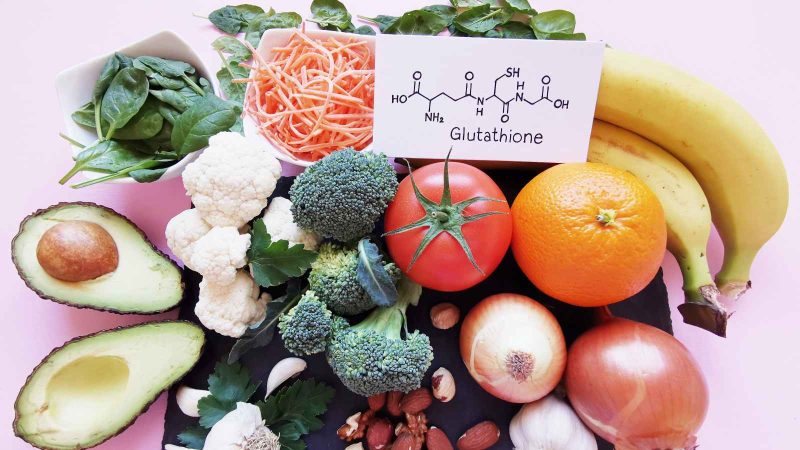Enhancing Glutathione to Combat Free Radicals
Strengthening Glutathione to Reduce Oxidative Stress
Increasing Glutathione to Combat Oxidative Damage
Maximizing Glutathione to Reduce Oxidative Stress
Elevating Glutathione to Combat Free Radicals
Glutathione, a natural antioxidant produced in the body, plays a crucial role in reducing oxidative stress and minimizing the risk of various health conditions. However, factors like aging, an unhealthy diet, stress, and exposure to toxins can deplete glutathione levels. To counteract this depletion, it’s important to know how to increase glutathione levels naturally.
Glutathione, also known as GSH, is a tripeptide composed of cysteine, glycine, and glutamic acid. It is not only important for its antioxidant properties but is also a key ingredient in skincare products. Research has shown that glutathione can help reduce wrinkles and has anti-aging properties.
The Benefits of Glutathione
Glutathione offers several benefits, including:
- Reduction of oxidative stress, which can lead to diseases like cancer, rheumatoid arthritis, and diabetes
- Protection against cell damage and improvement of non-alcoholic and alcoholic fatty liver disease
- Enhancement of insulin resistance and support for weight management
- Improvement of psoriasis symptoms
- Regeneration of vitamins C and E
How to Increase Glutathione Levels
There are several natural ways to increase glutathione levels:
- Eat foods rich in sulfur, such as garlic, onions, cabbage, cauliflower, broccoli, and lean proteins like chicken and fish. These foods provide the building blocks for glutathione production.
- Consider taking glutathione supplements like N-acetyl cysteine and alpha lipoic acid, which can support glutathione synthesis. However, it’s important to consult with an expert before consuming these supplements.
- Incorporate foods rich in antioxidants into your diet, such as citrus fruits, berries, nuts, seeds, and whole grains. These foods help protect existing glutathione molecules and promote regeneration.
- Engage in regular physical activity, including aerobic and strength training exercises, to stimulate glutathione production and reduce oxidative stress. Avoid overtraining if your diet is poor and you’re not getting enough rest.
- Prioritize quality sleep and manage stress effectively to maintain optimal glutathione levels. Chronic stress and sleep deprivation can deplete glutathione, so practicing stress-reducing techniques like yoga, meditation, and deep breathing can help maintain higher glutathione levels.
- Consider incorporating turmeric or haldi into your diet. The main component of turmeric, curcumin, has been found to increase glutathione levels according to a study published in the National Library of Medicine.
While the body can produce glutathione, consuming foods that support glutathione production can also help raise glutathione levels.









